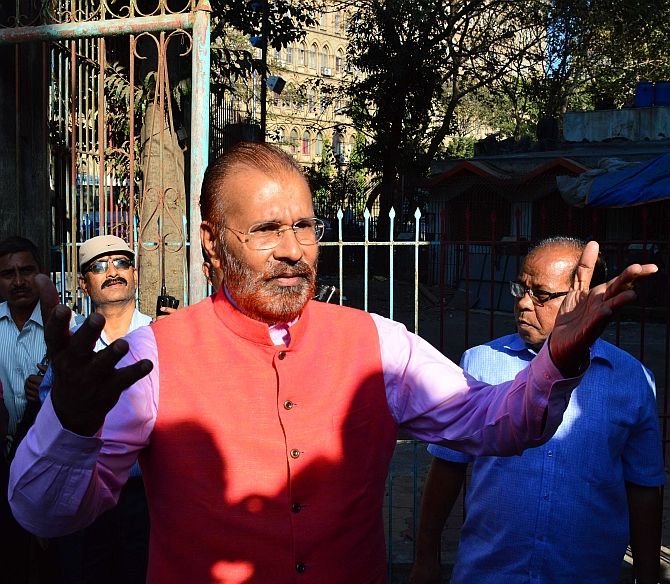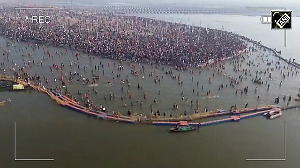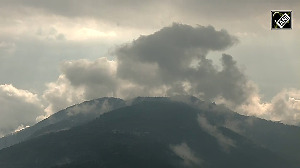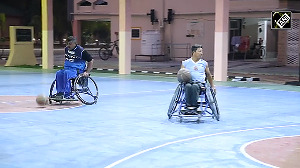A special Central Bureau of Investigation court on Thursday discharged former Gujarat police officers D G Vanzara and N K Amin from the Ishrat Jahan alleged fake encounter case.

The court allowed discharge applications of Vanzara and Amin, which the two had filed after the Gujarat government refused to grant sanction to the Central Bureau of Investigation to prosecute them.
Special CBI court judge J K Pandya said as the government did not sanction their prosecution, their discharge applications were allowed, and the proceedings against them would be dropped.
While Vanzara and Amin claimed that they stood vindicated by the order, the lawyers of Ishrat's mother Shamima Kauser said they will challenge the order before the high court.
"We have been arguing that government sanction was not needed to prosecute them. We will definitely approach the high court," said Kauser's lawyer Shamshad Pathan.
Amin said though he was happy, the order in their favour should have come immediately after former IPS officer P P Pandey was discharged from the case in February last year.
"This order has vindicated our stand that we were acting in the line of duty and protecting Gujarat. That is the reason the government did not give its sanction. In reality, we were the real victims. And today, we got justice," Amin told reporters outside the court.
Vanzara said the order established that the encounter was genuine.
"Gujarat Police fought against terrorism. I have been saying from day one that all the encounters were genuine and those who got killed were terrorists. Now, this court verdict has once again established that encounters were done as part of our duty. I thank the judiciary," he said.
Under section 197 of the Code of Criminal Procedure, the government's sanction is necessary for the prosecution of a public servant for an act done as part of the official duty.
Ishrat Jahan, a 19-year-old from Mumbra near Mumbai, Javed Shaikh alias Pranesh Pillai, Amjadali Akbarali Rana and Zeeshan Johar were killed by Gujarat Police in an encounter on the outskirts of Ahmedabad on June 15, 2004.
The police claimed they were terrorists who were planning to kill then Gujarat Chief Minister Narendra Modi.
However, an HC-appointed Special Investigation Team held that the encounter was fake. Subsequently, the CBI registered a case against several police officials for the alleged fake encounter killings.
While the CBI refused to take any stand on the state government's decision to decline sanction to prosecute Amin and Vanzara, Shamima Kauser had opposed their application seeking discharge.
Her lawyer Vrinda Grover had argued that the state government was not the appropriate authority to refuse sanction but it was the Union Ministry of Home Affairs.
Vanzara's lawyer V D Gajjar had argued that the court cannot determine validity of a sanction order.
Judicial findings in the case had established that there was no "fake encounter" and the sanction for prosecution was declined after the state government went through the material on record and examined the facts, he said.
On August 7, 2018, the court had rejected the discharge applications of Vanzara and Amin, and also sought to know from the CBI whether the agency had requested the government for a sanction to prosecute them, so that the court could frame charges against them and start the trial.
The first chargesheet filed by the CBI in 2013 named seven Gujarat police officers, including IPS officers P P Pandey, Vanzara and G L Singhal, as accused. The court later discharged Pandey.











 © 2025
© 2025